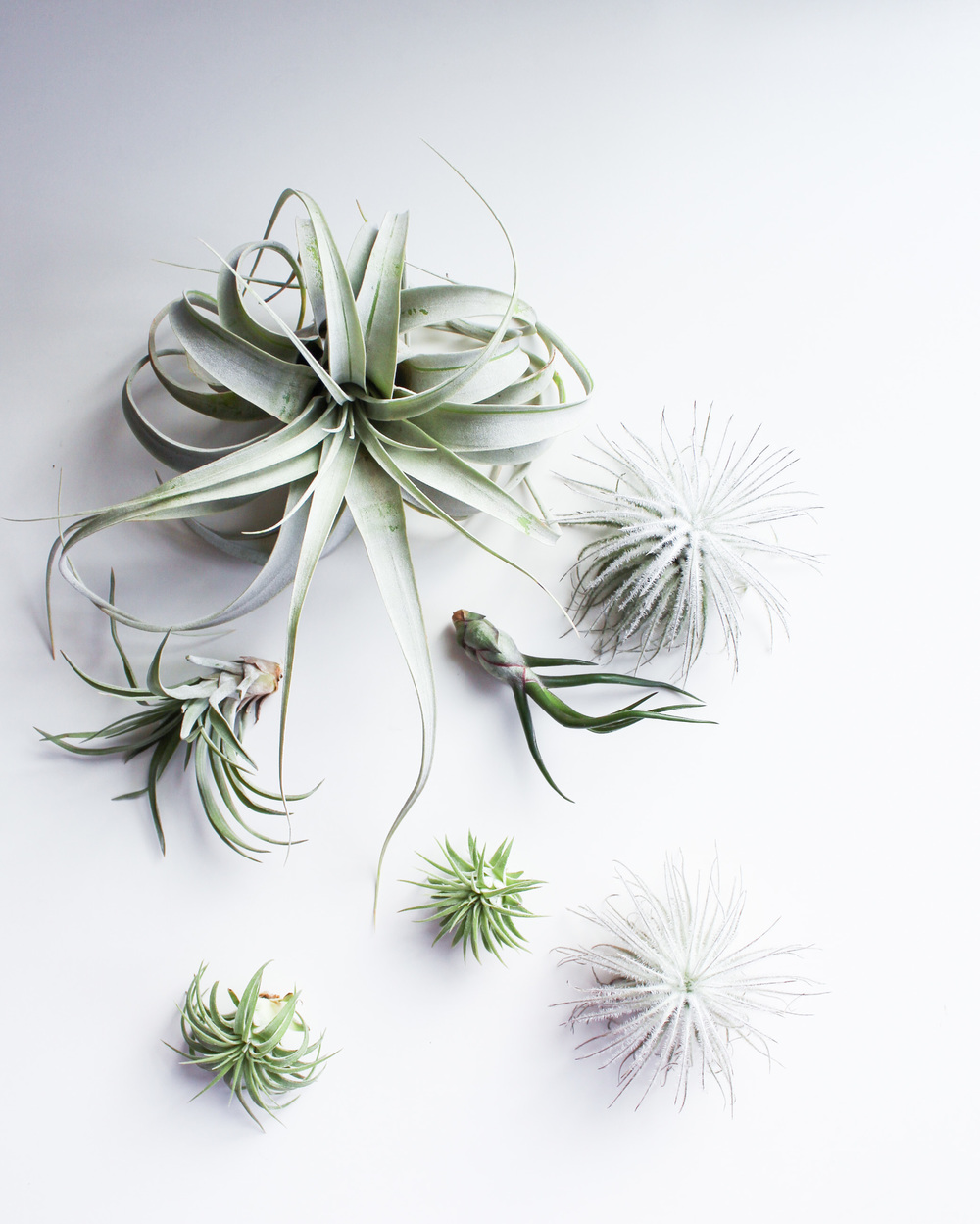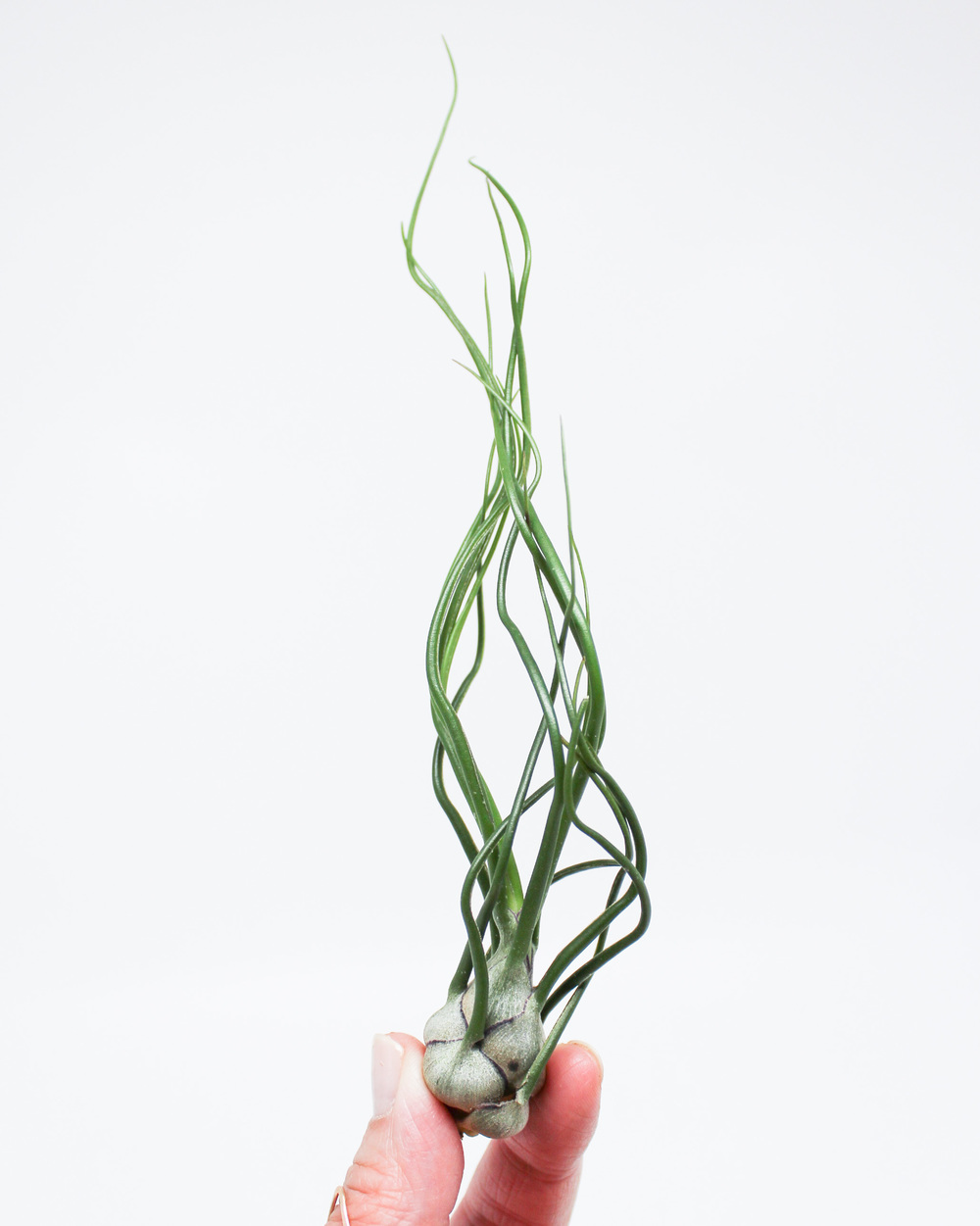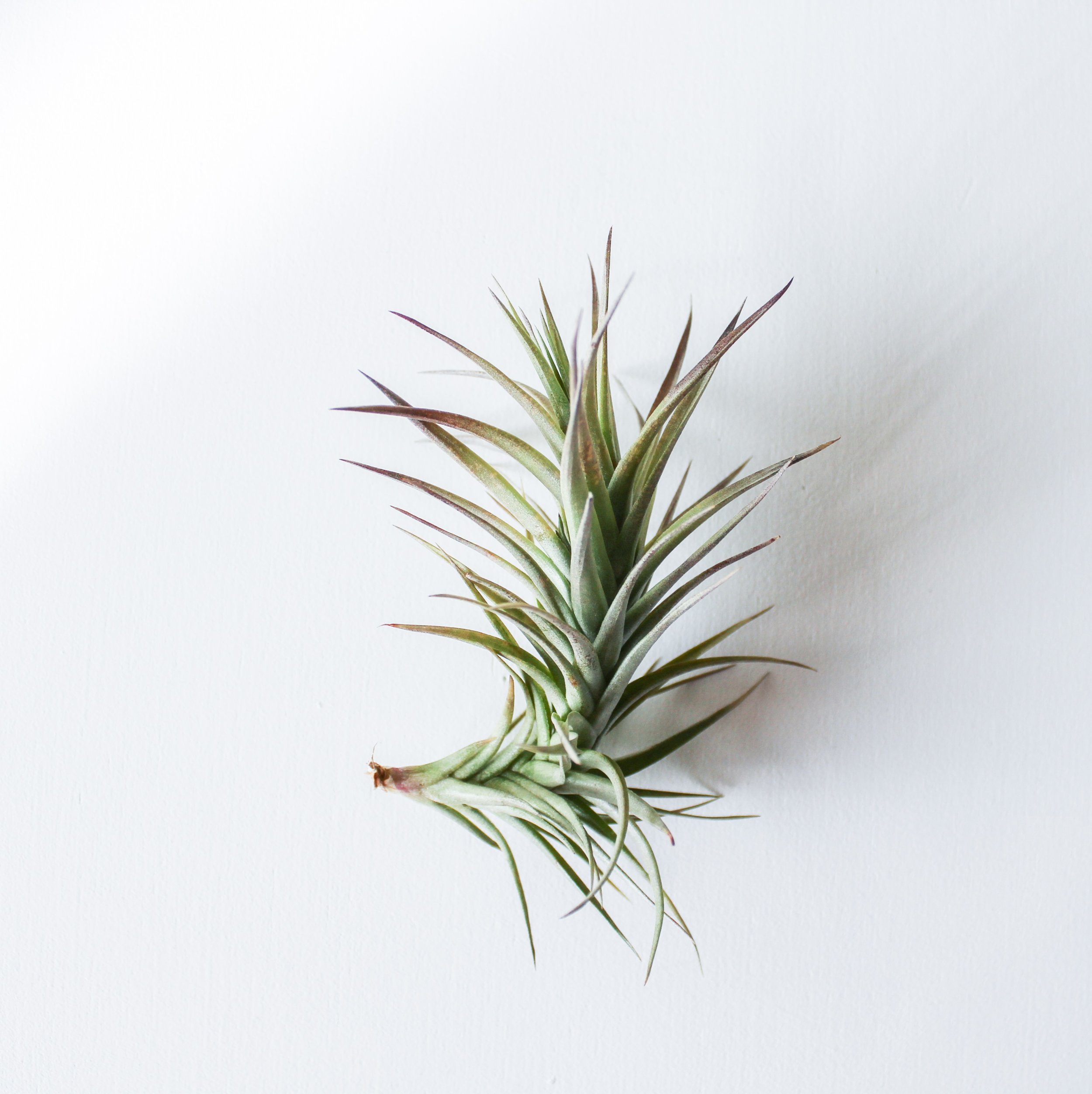BetaGov Interviews
Interview With Unit Manager John Muick Of Pennsylvania SCI-Mahanoy

Date: October 25, 2017
SCI-Mahanoy conducted an RCT to see if providing air plants to participants would yield fewer placements to psychiatric observation and restrictive housing.
Tell us about your role in the air plant trial.
My housing unit was selected to participate in this study because of the inmates we have on the block. They're all diagnosed with mental illness. We were hopeful there would be an impact on the program, that there would be a reduction in the problems we see.
My role was to implement the trial. As unit manager, my role is to oversee everything that happens in this unit. I was involved with the random selection of the inmates, providing the plants, and fielding questions. Once it was implemented, the trial ran itself for the most part.
What outcomes were tested?
We were hoping to reduce the number of placements into psychiatric observation cells and reduce placements into restrictive housing that happen when inmates break the rules. We wanted to reduce incidents where the guys had to go under a disciplinary status. We were also hoping to see an overall improvement in mood, although I'm not sure if there's a way to capture that data.
Why were air plants, in particular, chosen for the trial?
This kind of plant is ideal for this environment because it didn't require soil or pots, so we didn't have those things to worry about, or having insects, so all those problems were eliminated. Even though the plant-care instructions stated they needed direct sunlight, the plants were successful even removed from the light. The ones under more artificial conditions were thriving and doing better.
I thought maybe the inmates would forget about the plant or over-nurture it by watering it too much, but inmates would want to show me how well their plant was doing. If there were two cell-mates in one cell, they would co-parent it, so to speak. Some of them even named the plant.

What procedures did you use to track data? Did you have to add any extra steps to your normal routine?
I was provided with a data record sheet in Excel from BetaGov, and that was where I recorded the data. We looked at people who were transferred off the block for disciplinary or psychiatric reasons, and accounted for dropout, whether that was people who gained parole, had served their sentence, or were moved to another unit.
It wasn't even a daily or weekly task. It was a three-month trial, and I would update the form once a month. Just a little bit of data entry.
We're awaiting the result analysis. What were your observations about any effects the plants may have had?
I was uncertain of this trial at first because of this population and the nature of their illnesses. I thought there would be some people who behaved inappropriately, and that didn't turn out to be a problem at all.
I'm not sure that empirically we've demonstrated any improvement, but the plants were well received; the inmates enjoyed the opportunity and it was something that they embraced. They appreciated having something they otherwise wouldn't be able to have.
Eventually the plant will spawn baby plants, and the main plant will die. I think because of the jailhouse culture, the air plants could become currency to trade for things that others want. To some degree it's a level of status just to have the plant.
This wasn't intended for the study, but a lot of staff would have liked to have air plants and the company sent us more than we needed in case some of them died, so I was able to give plants to some of the staff in my building. I think it did something for staff morale; everyone seemed to perk up about the whole program.

Do you think the air plants will be provided to more people in the future?
I don't know, I think that's a good question to bring up to our administration. They might be waiting for the final results. One thing I'll be able to say is it didn't cause any harm. At the very least I'm an advocate for continuing it.
It seemed like an odd idea at first, because in the prison we have a set ways of doing things and air plants don't fit with what we would normally do. Some people had concerns, some thought it was a good idea; in the end, it really didn't turn out to be a problem, so that lends itself to possibly expanding it.
What advice would you like to give to anyone who is leading a trial?
Just be open minded. Give it a chance to work. Don't try to steer the direction of the study, just be open to that. In corrections, that's a tough thing. There's a very rigid systematic way of doing things. So allow things to go the way they're designed and see how things turn out.